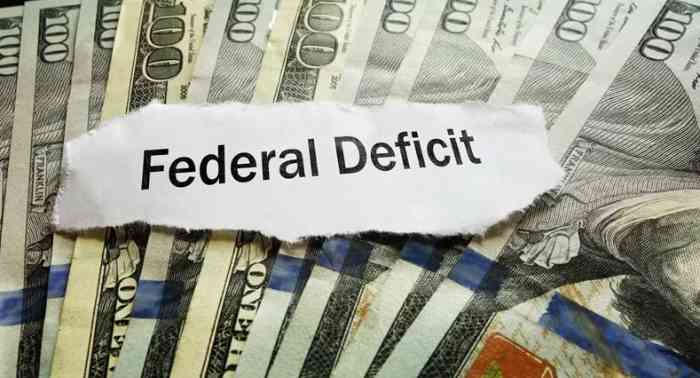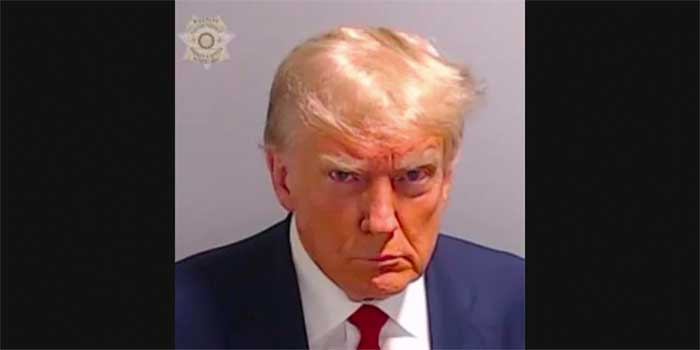In an unprecedented turn of events, forecasts indicate that this year’s federal deficit is expected to swell to about twice the amount of the previous year, a phenomenon typically linked to significant crises.
President Joe Biden had previously celebrated the reduction of the post-pandemic deficit from nearly $3 trillion in his inaugural year to $1 trillion in his subsequent year. He inaccurately asserted that this was a deficit reduction, when in reality, the rate of growth was just decreasing. Current insights point towards a potential doubling of the 2023 deficit, as highlighted in a recent report by The Washington Post.
As the federal fiscal period draws to a close later this month, it is observed that a $2.2 trillion deficit has already accumulated, a figure predicted by the Committee for a Responsible Federal Budget and relayed by the Post.
Marc Goldwein, the Senior Vice President of the Committee, expressed to the Post that “The deficit is set to approximately double from 2022 to 2023”, urging for a critical reconsideration of the federal policies in the coming period, although he fears it might not occur.
These developments emerge just as deliberations for the 2024 budget allocations are about to commence in Congress. This situation presents a challenging backdrop for the Democratic representatives in the House and Senate who are advocating for further augmentations in expenditures towards progressive projects.
Furthermore, this information could potentially undermine Biden’s narratives concerning the budget, impacting his re-election campaign, as noted by the Post.
Such a substantial year-on-year escalation in the federal deficit is unusual and generally associated with significant events such as the 2020 COVID-19 pandemic, the inception of the Great Recession during the Obama administration, or the Second World War, as noted by Jason Furman, an economist during Barack Obama’s presidency, in his conversation with the Post.
Despite repeated cautions from former President Donald Trump and fiscal conservatives about the potential economic repercussions of the spending strategies adopted by Biden and the Democrats, Furman was taken aback to find their predictions coming to fruition.
Furman shared his astonishment with the Post, stating, “Witnessing this in a low-unemployment economy is absolutely remarkable. There hasn’t been a precedent: a stable and robust economy without new emergency expenditures witnessing a deficit of this magnitude.” He further speculated that the drastic surge might be attributed to an unusual anomaly.
However, fiscal critics describe the scenario as a straightforward case of fundamental financial calculations.
According to the report, the U.S. government’s expenditure has escalated to $6.7 trillion, while revenues have reached only $4.5 trillion, signifying a 16% hike in spending compared to the previous year and a 7% dip in income.
Brian Riedl, an economist at the Manhattan Institute, cautioned the Post that “A debt expanding at a pace substantially faster than the economy can lead to heightened interest rates, diminished economic investments, and gradually escalate interest payments to become the principal federal expense, potentially ushering in a federal debt crisis.”




